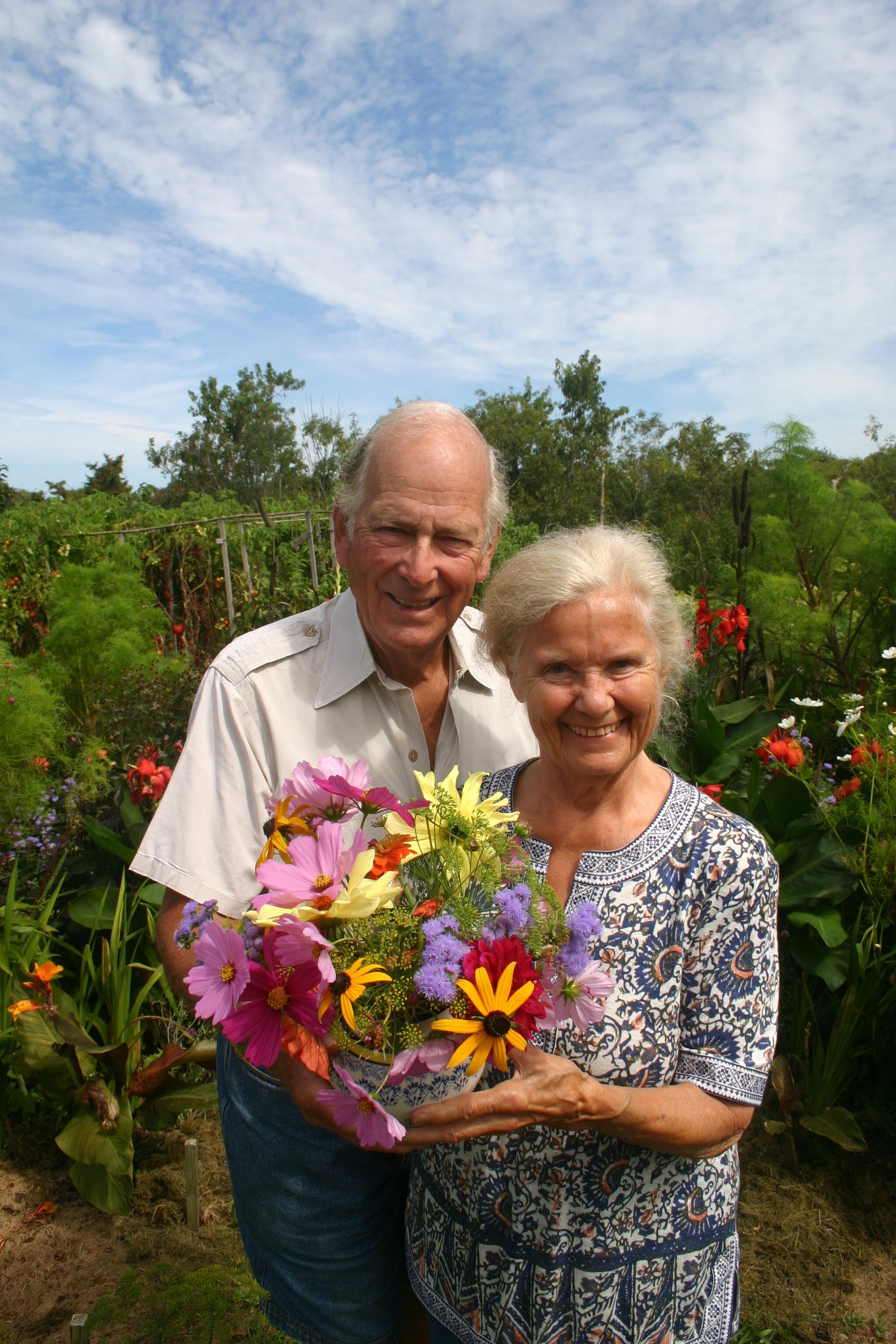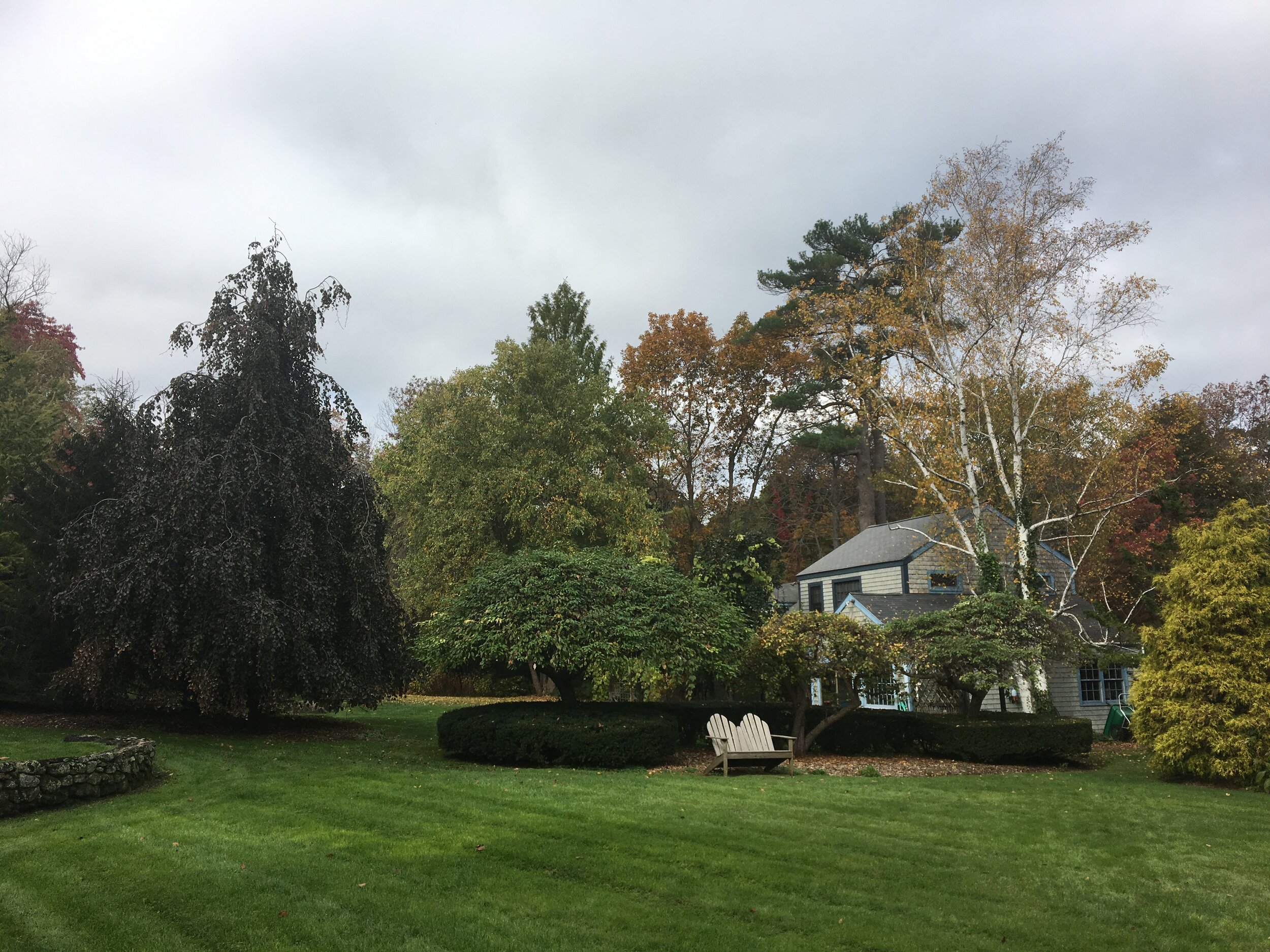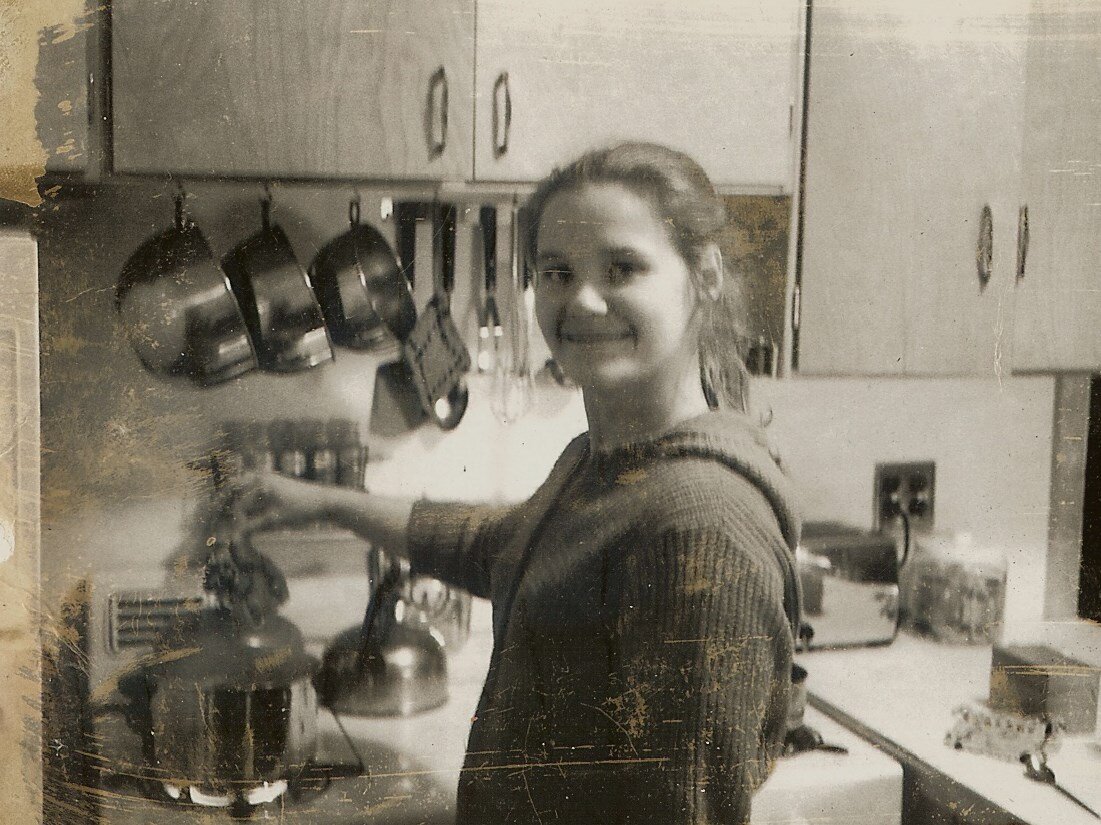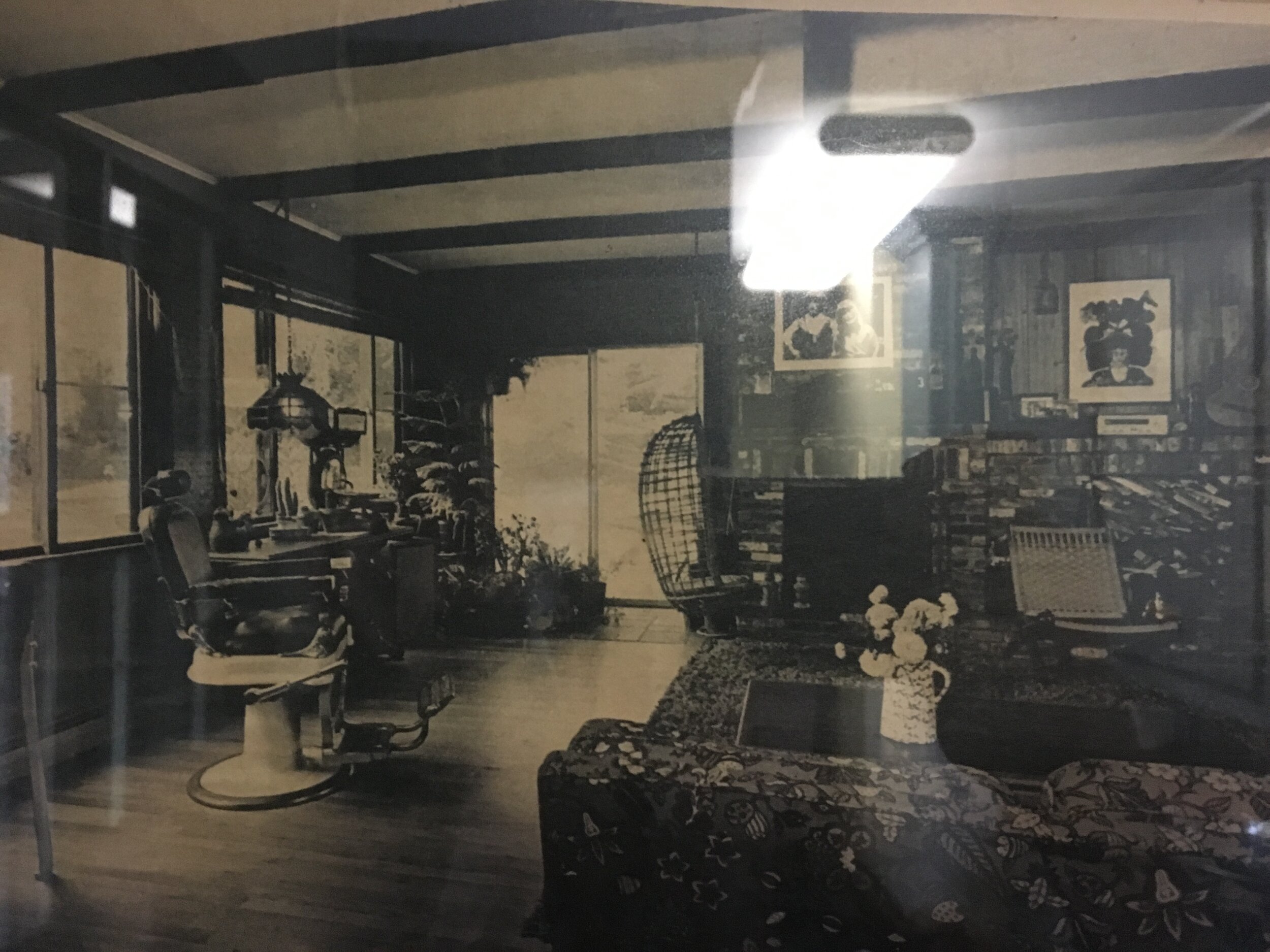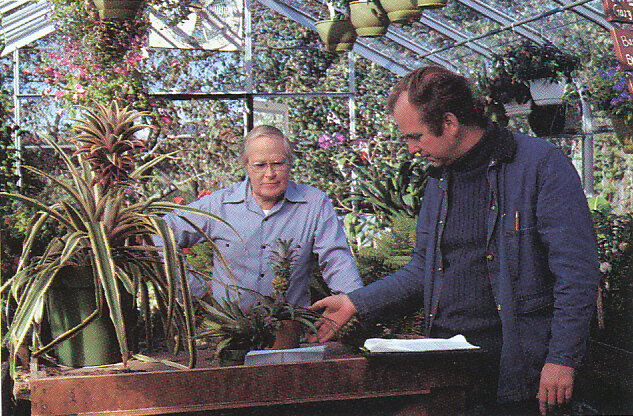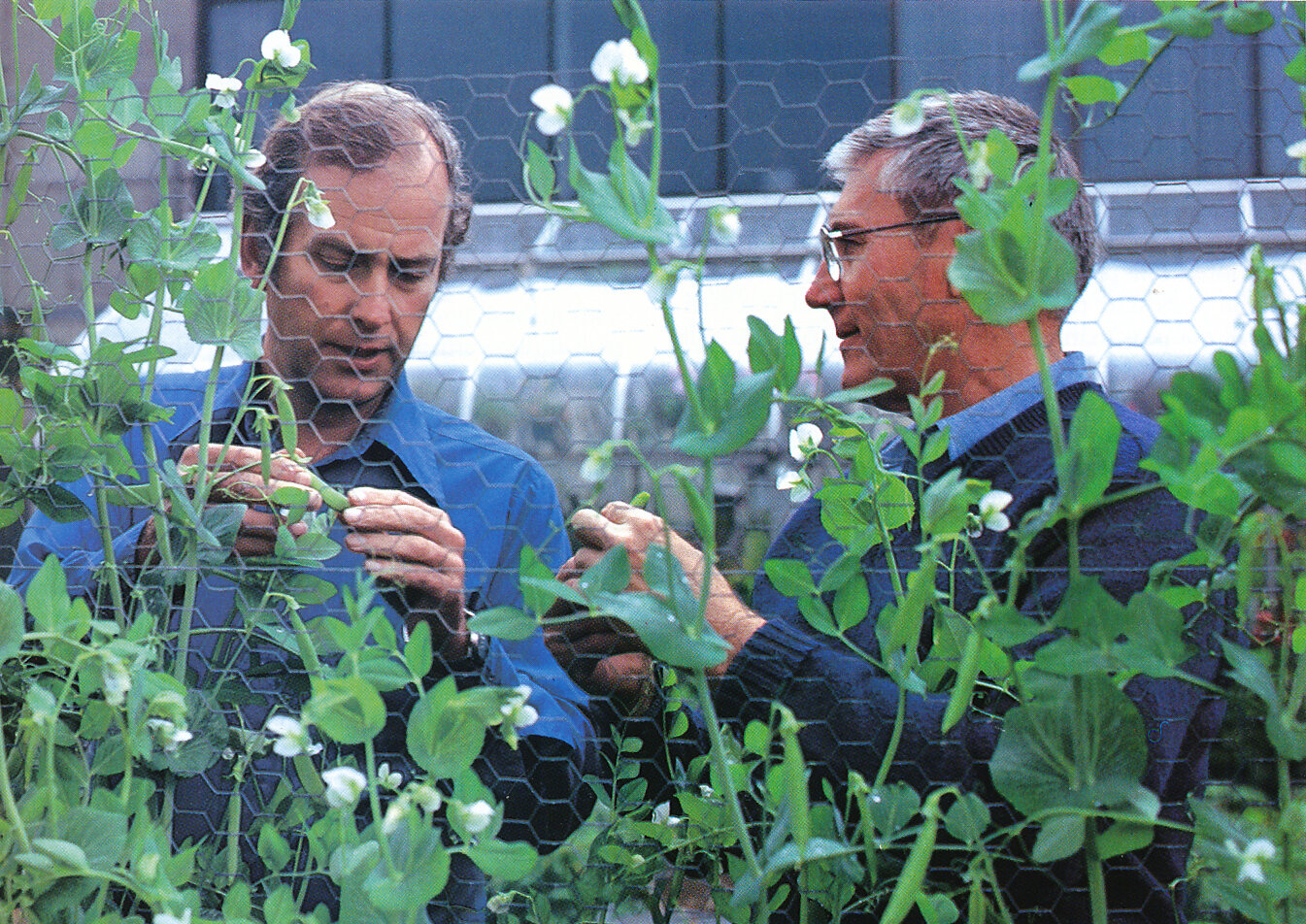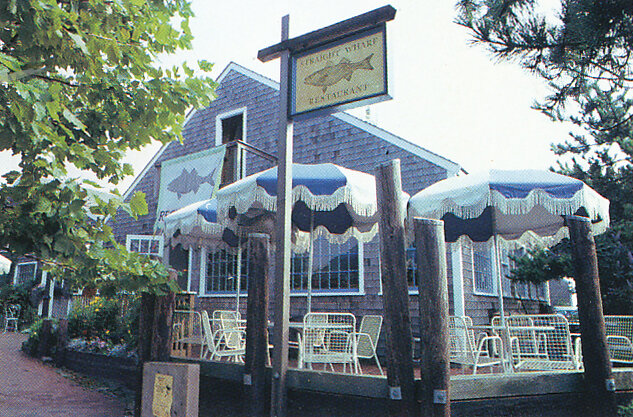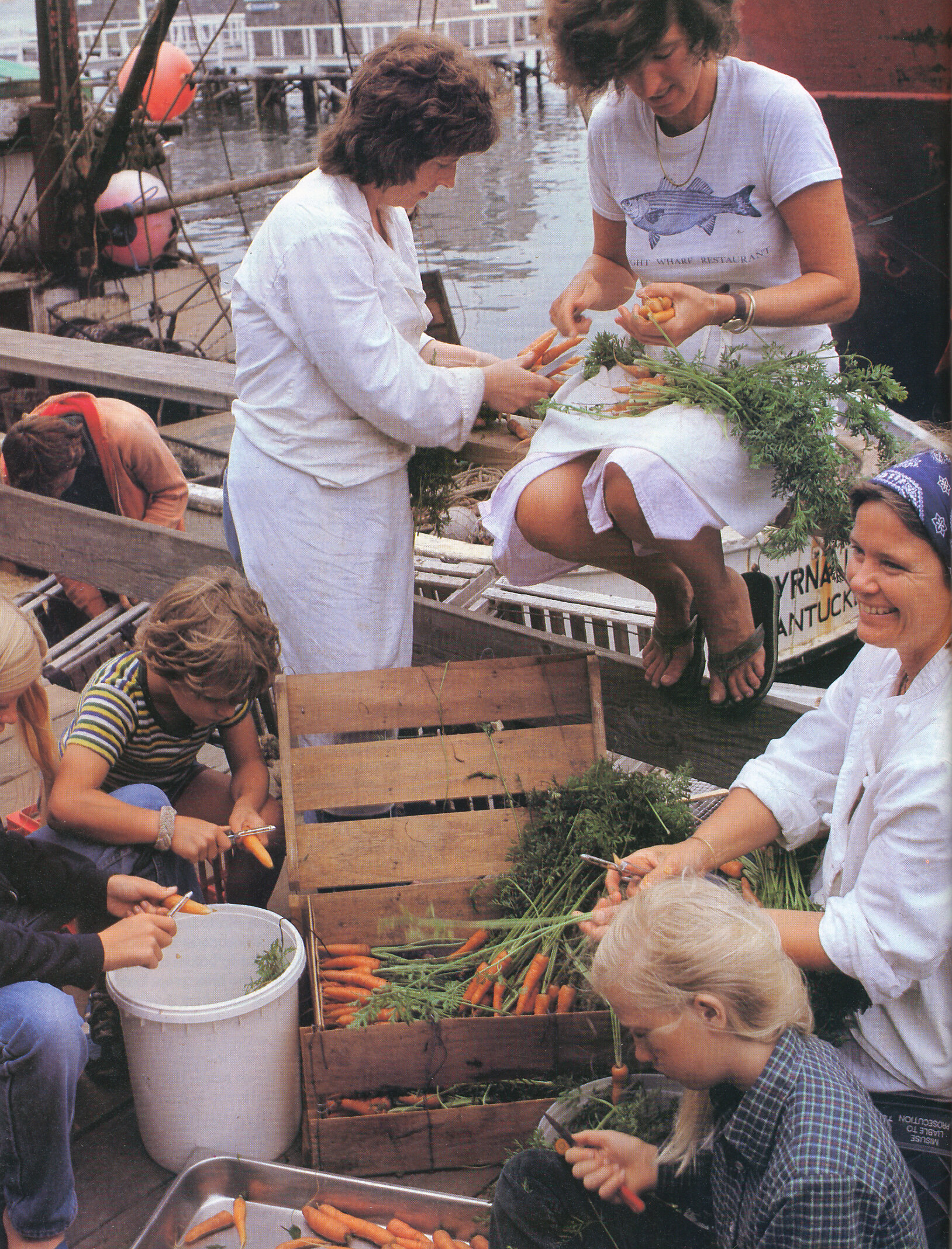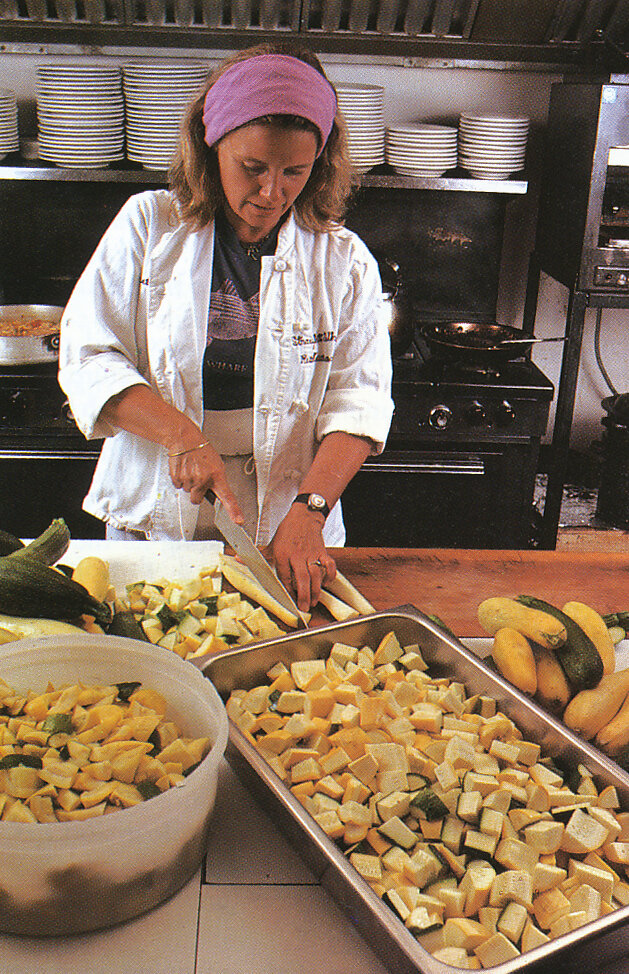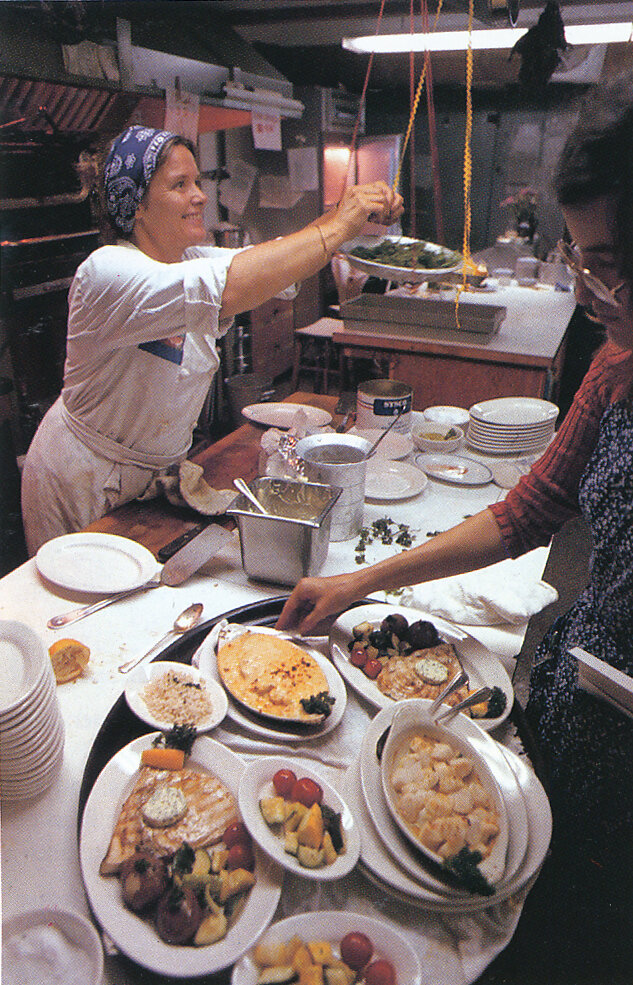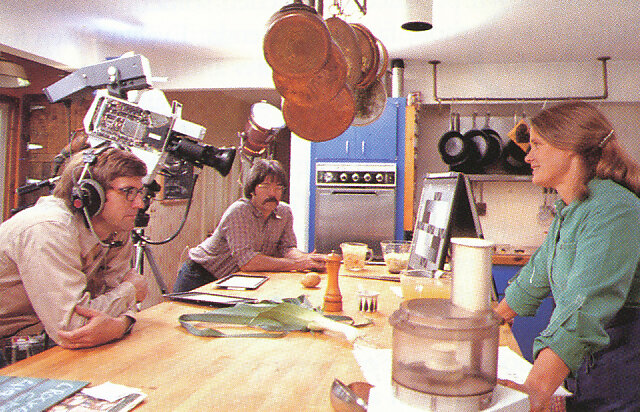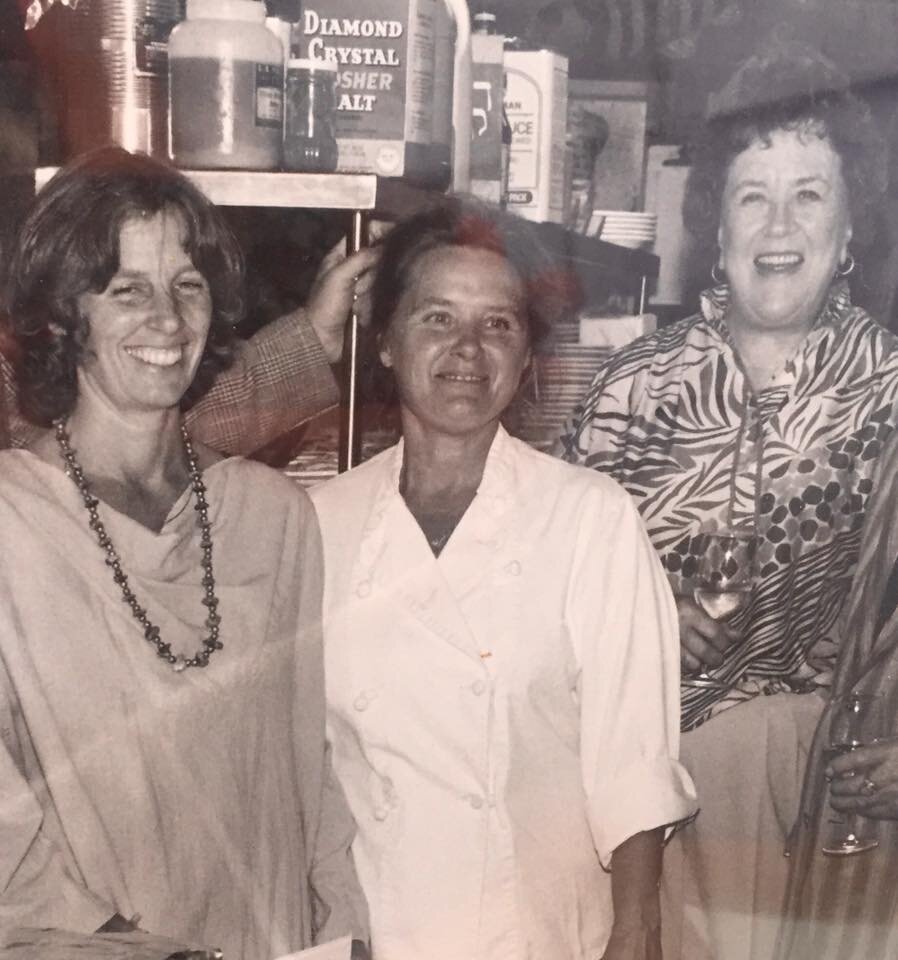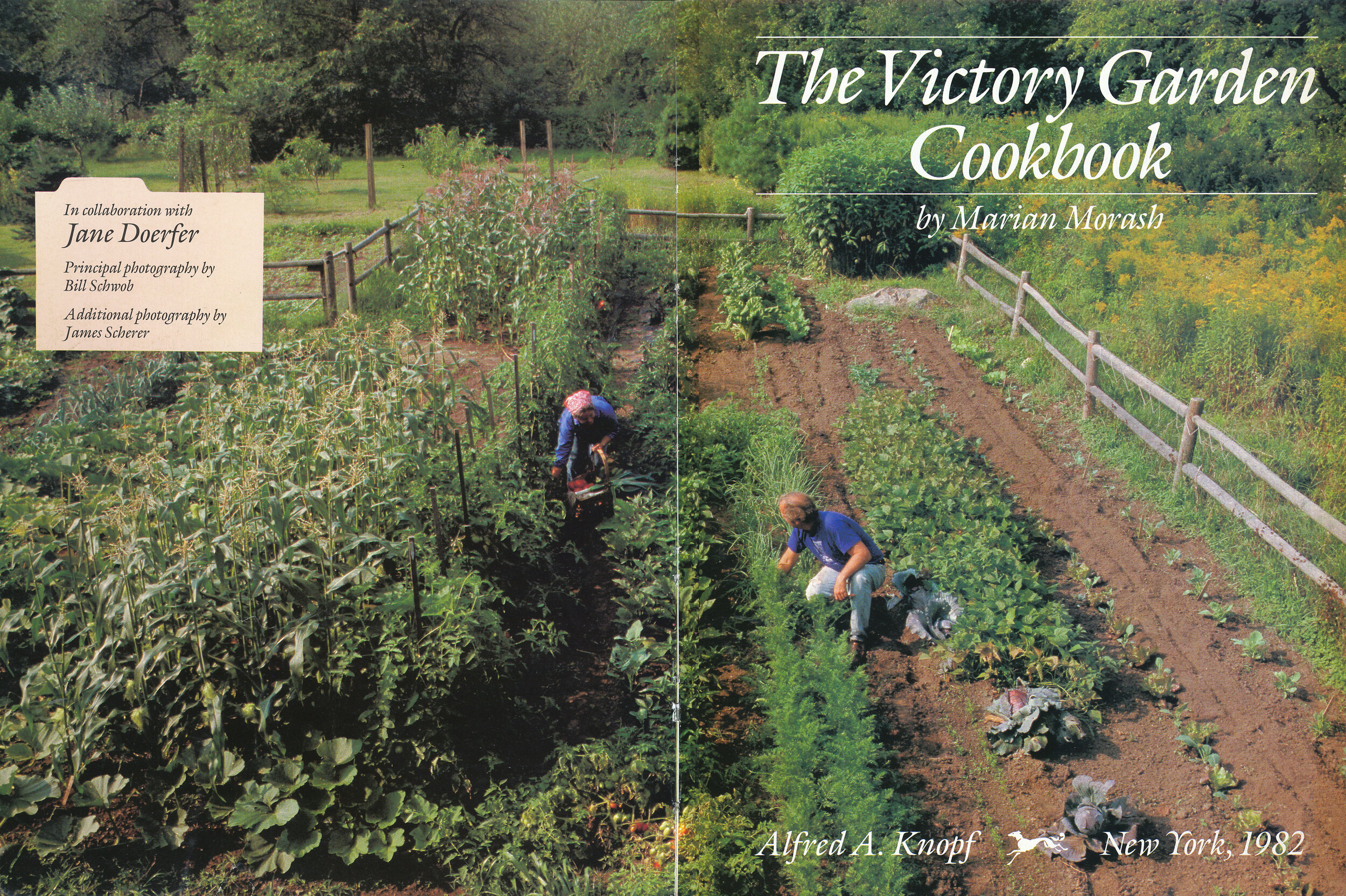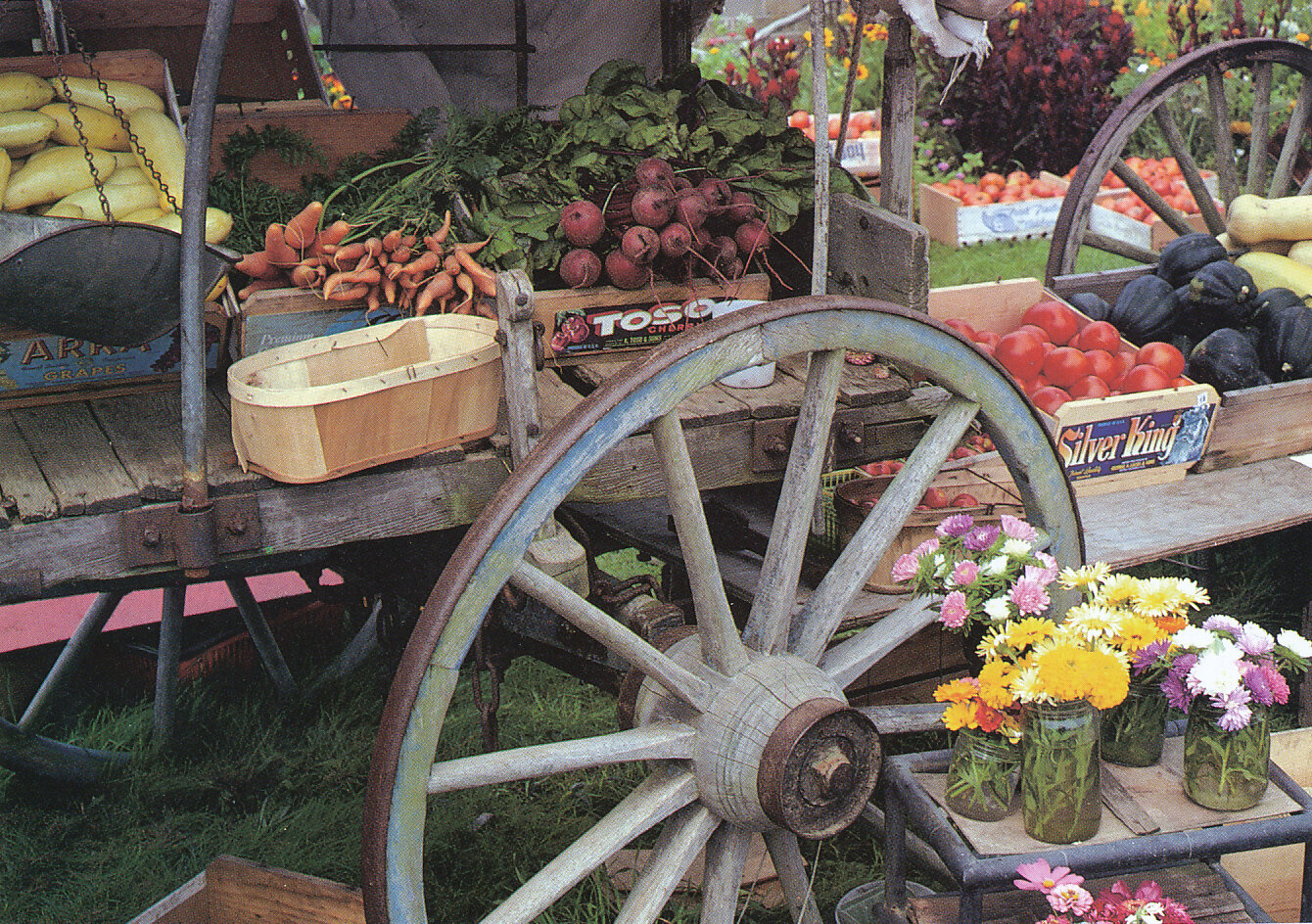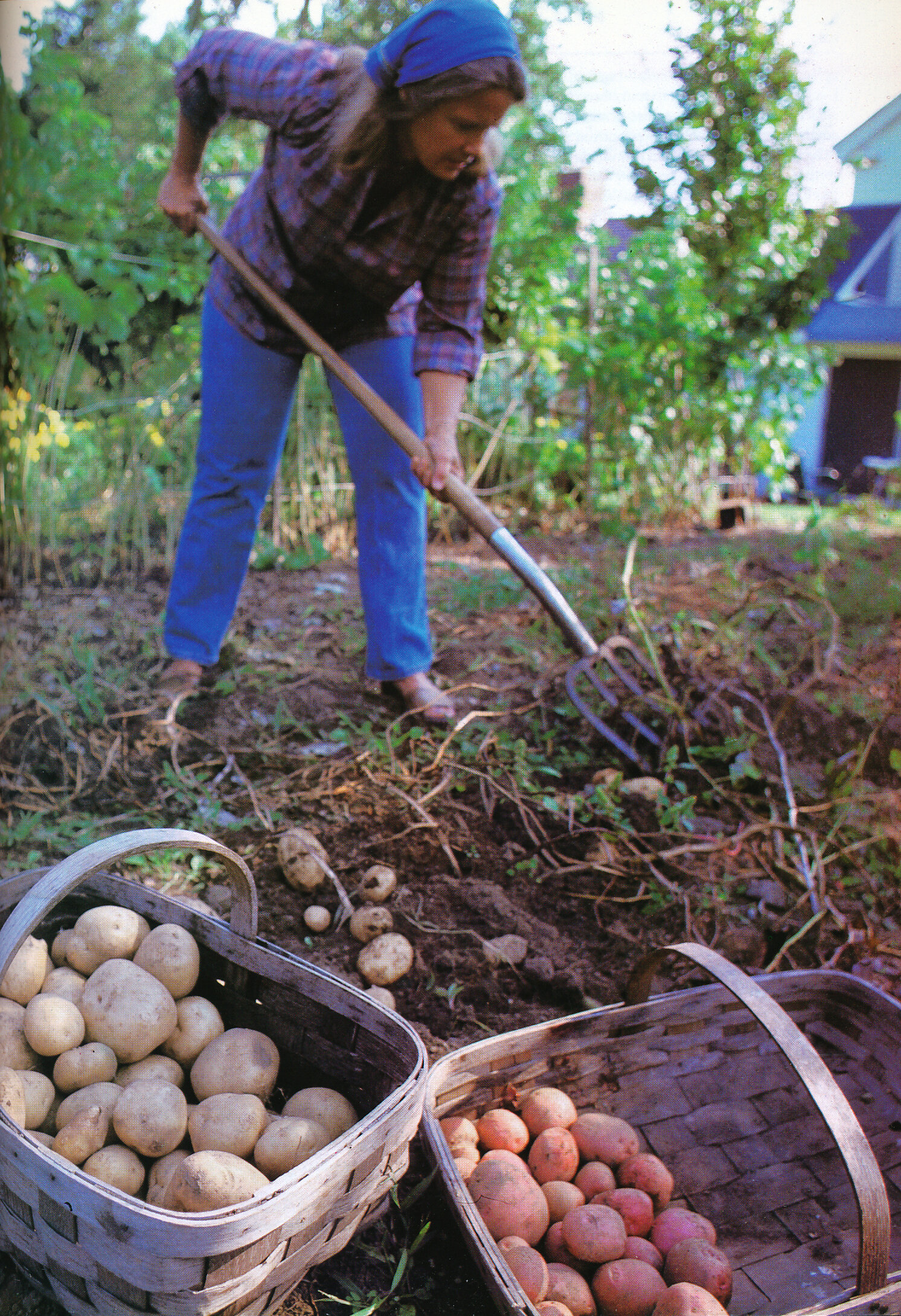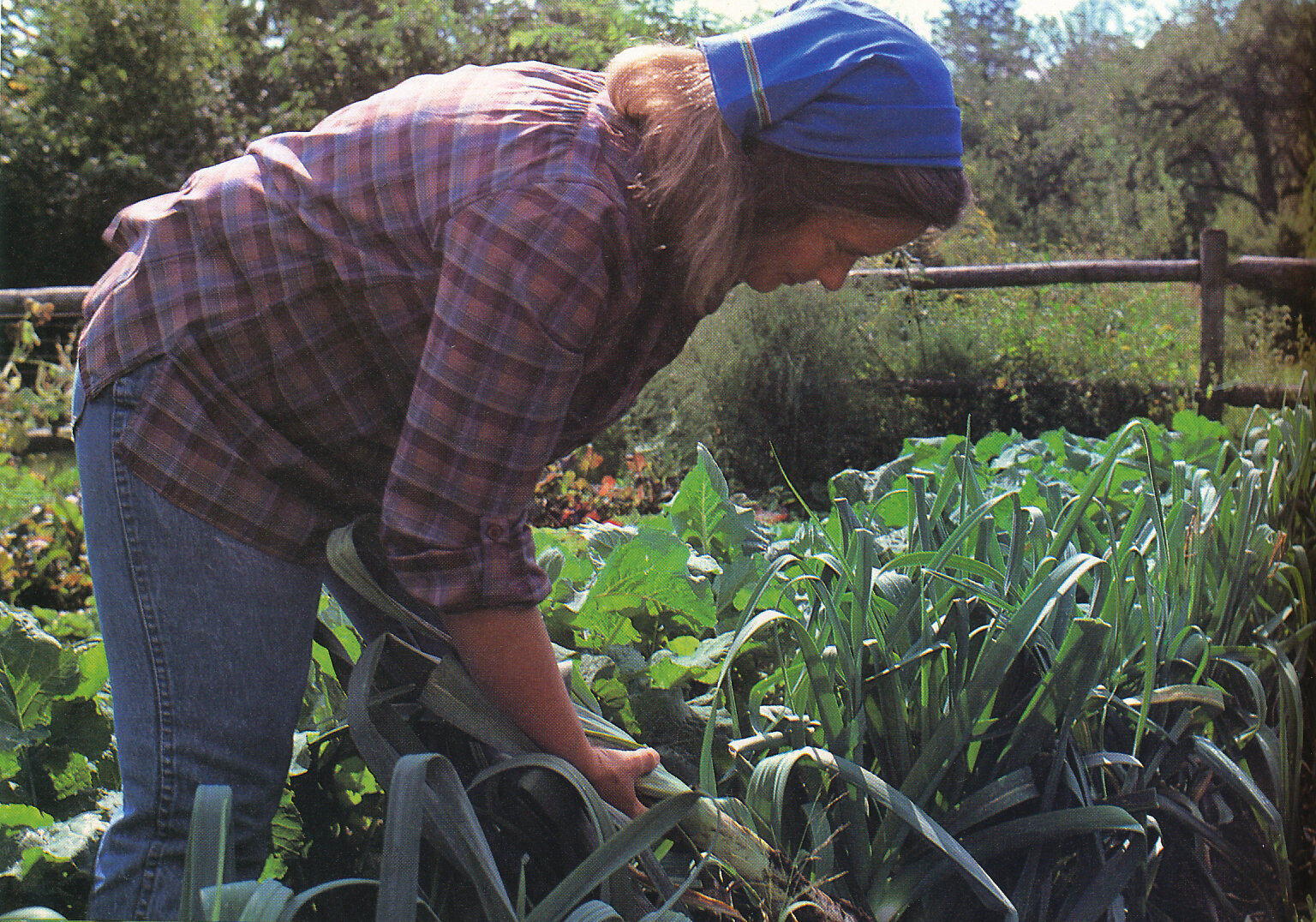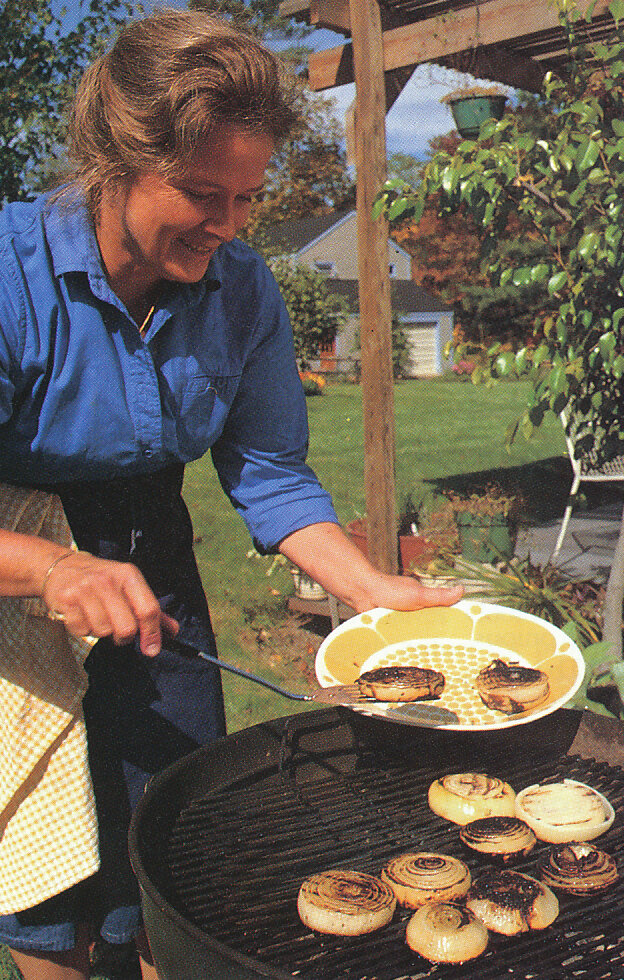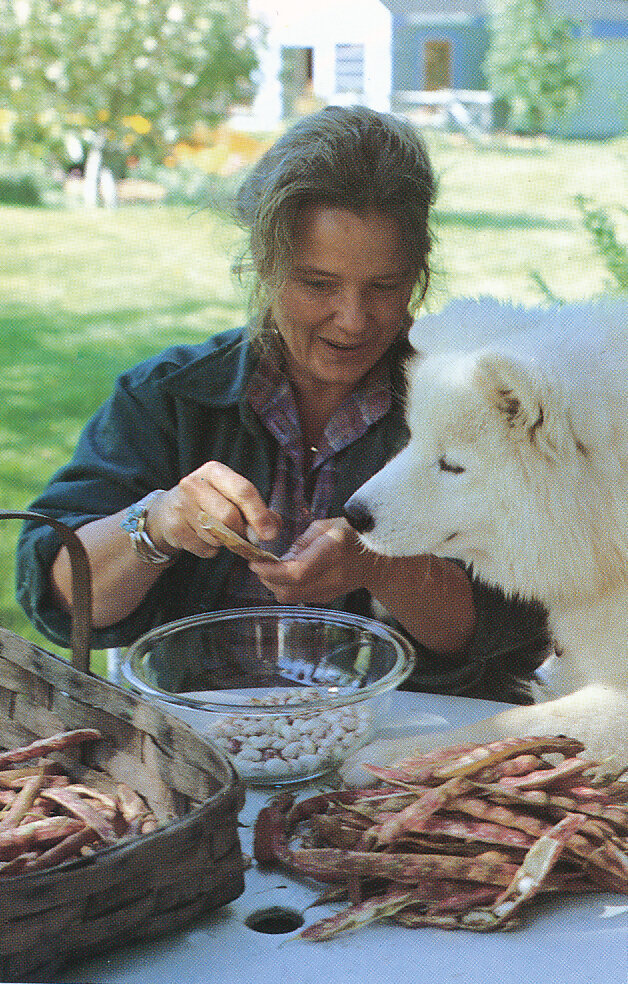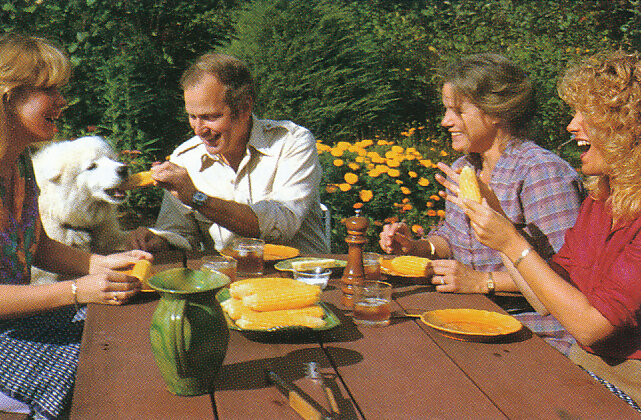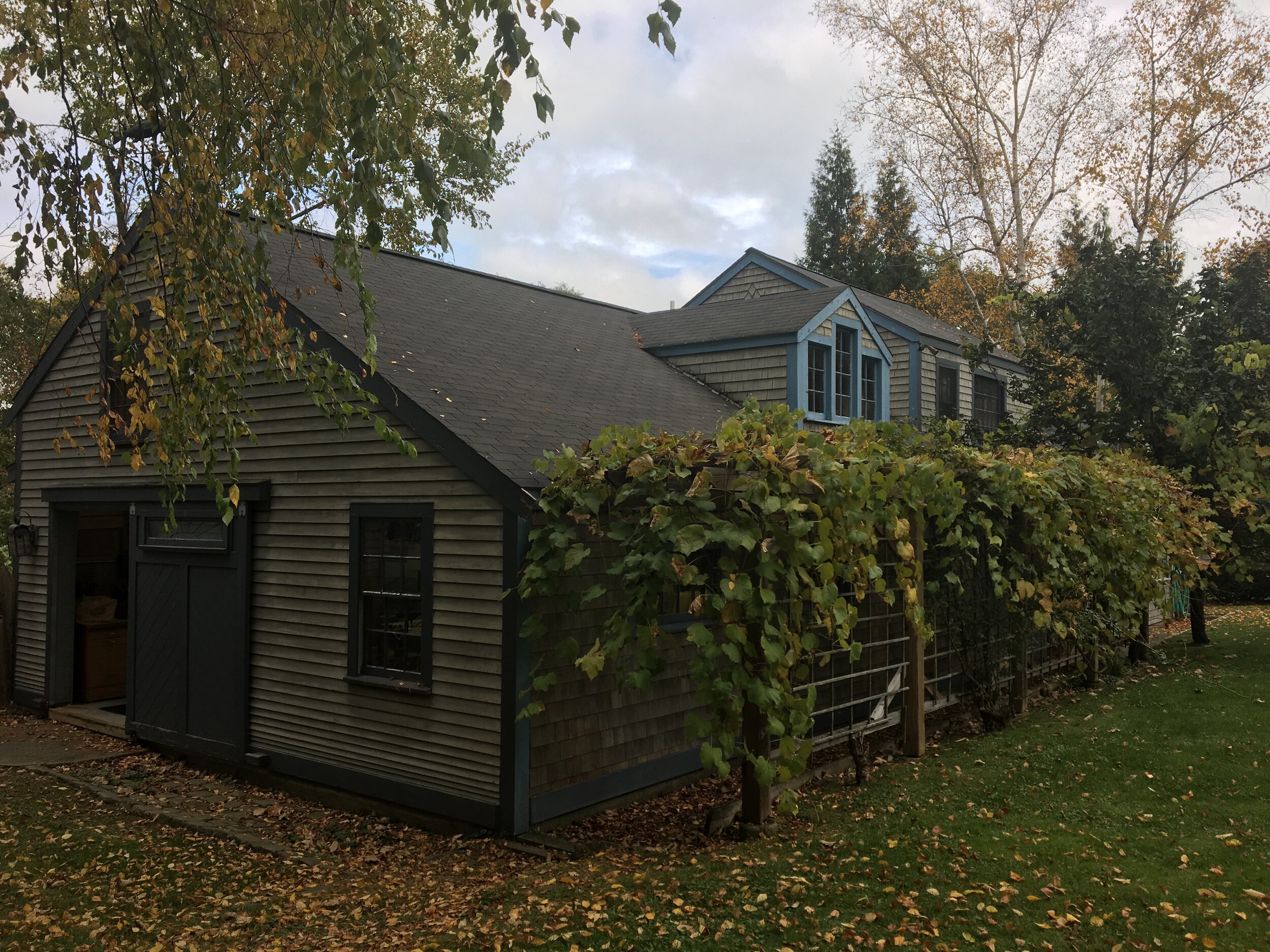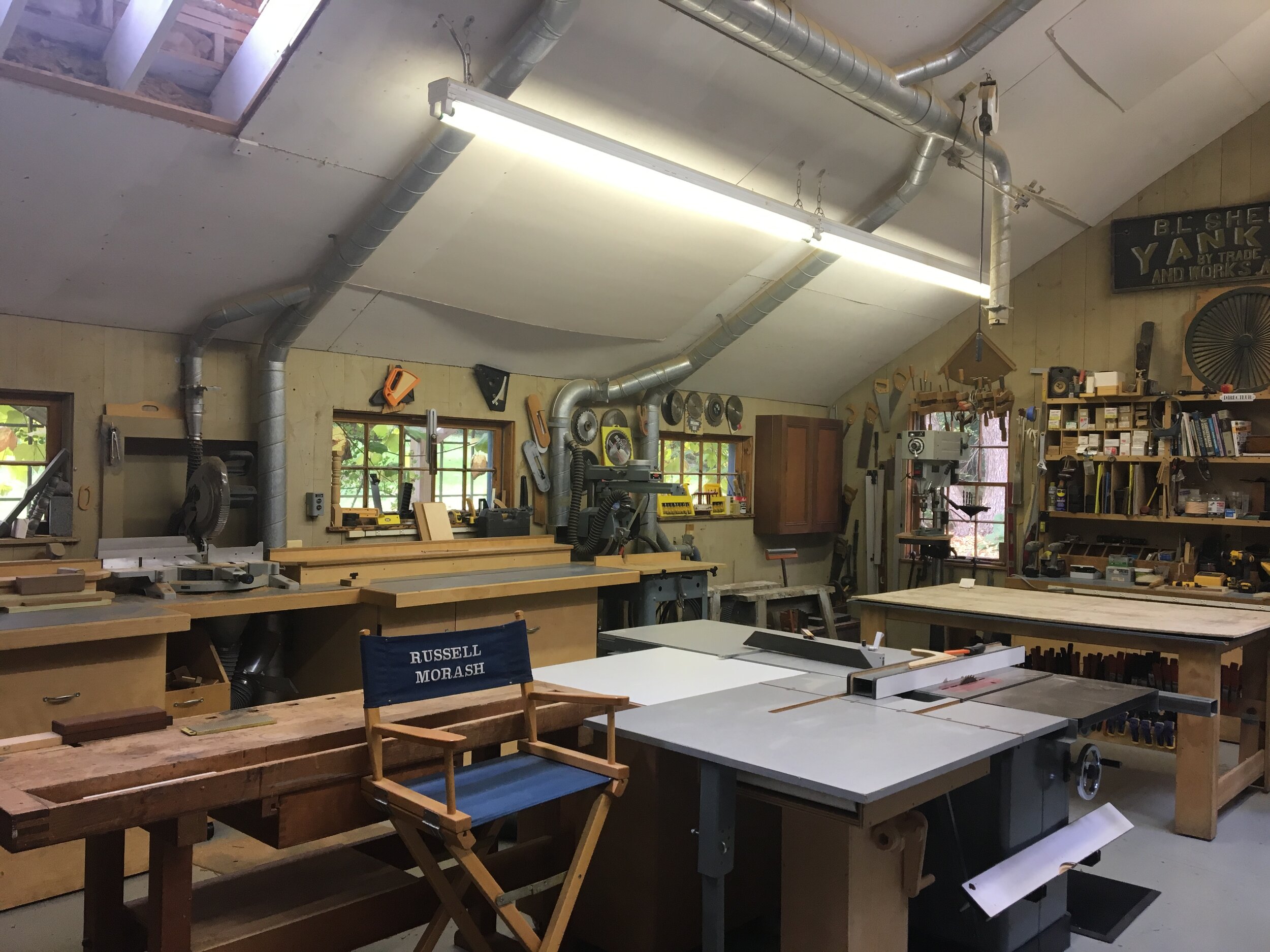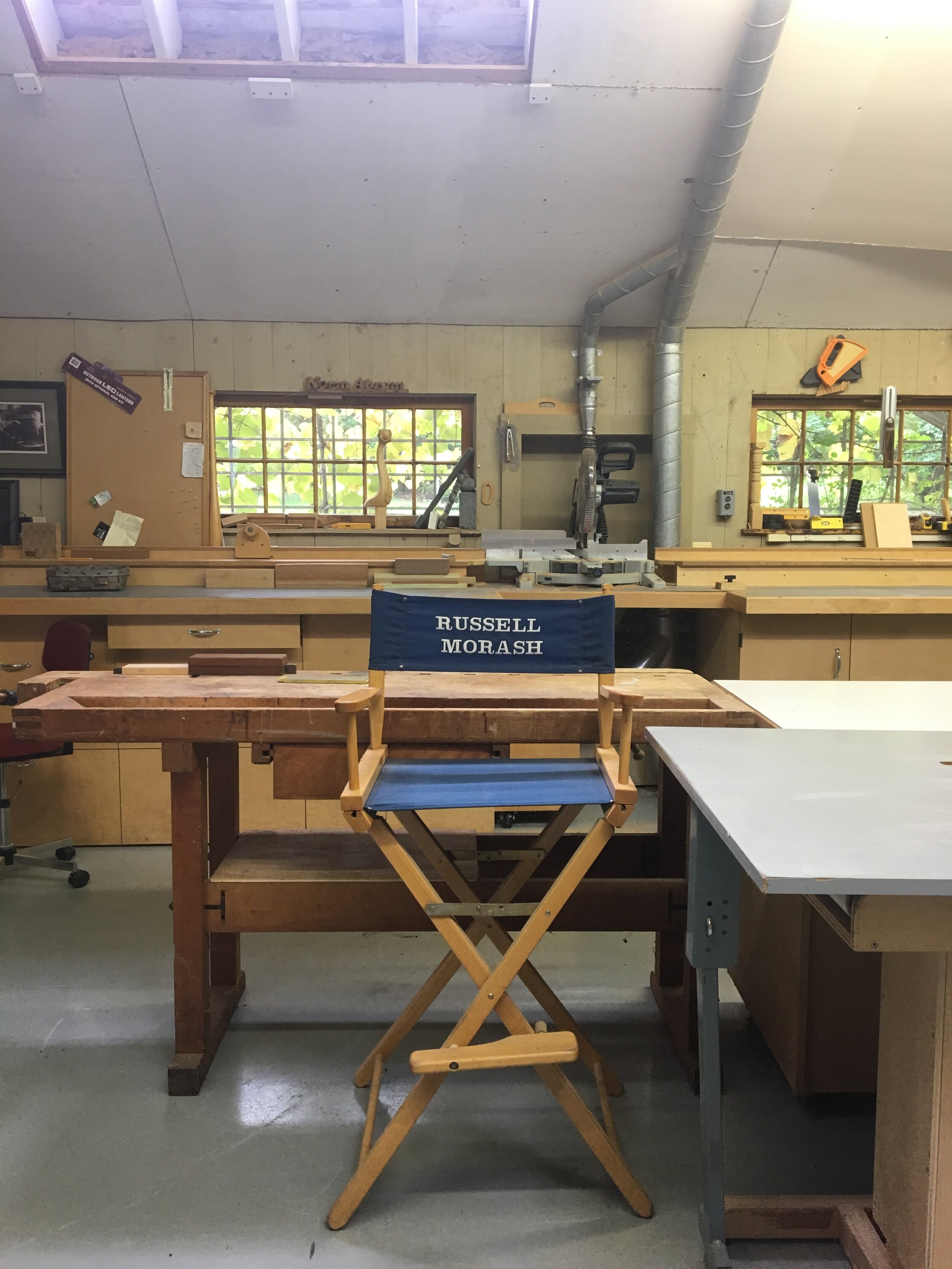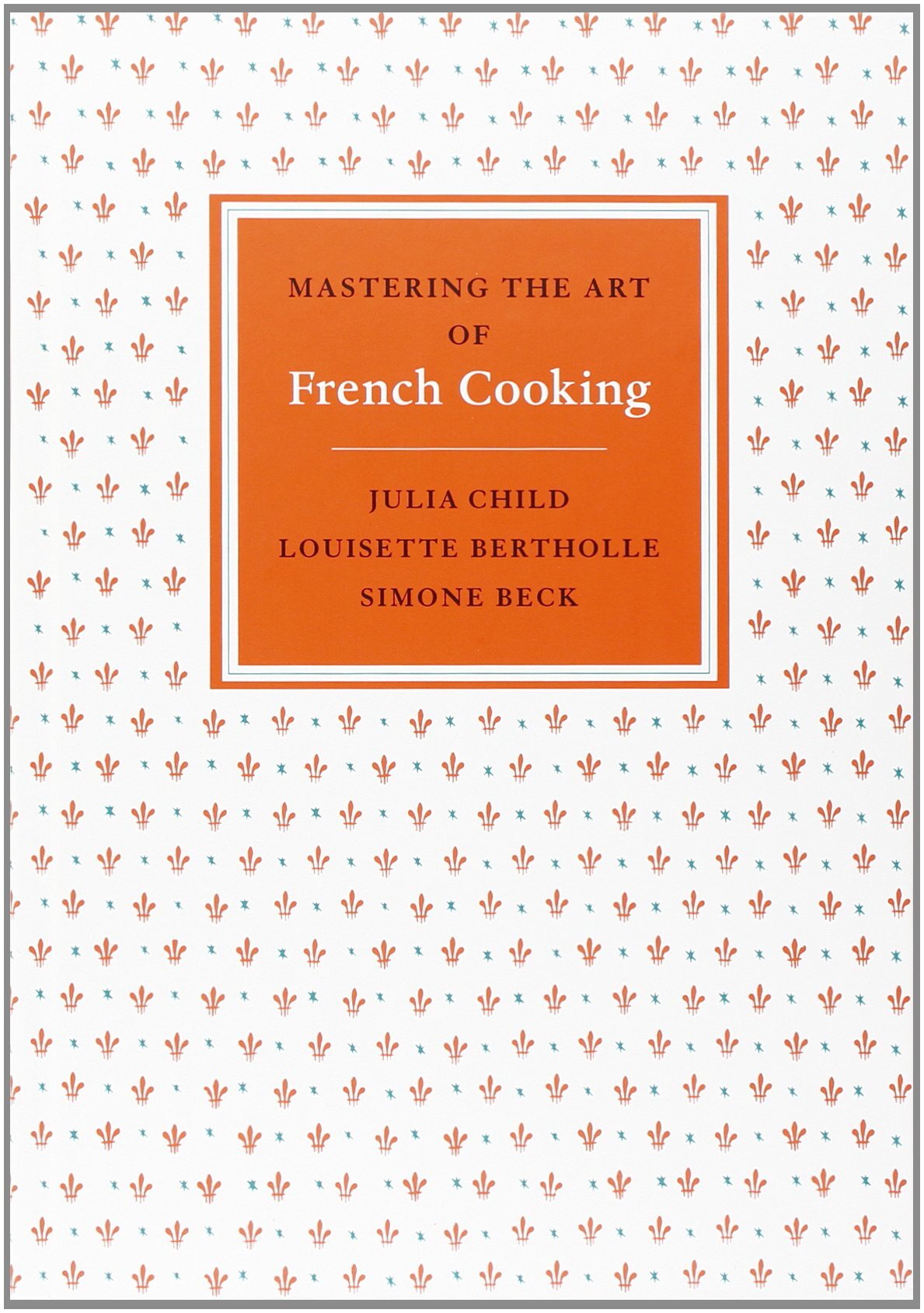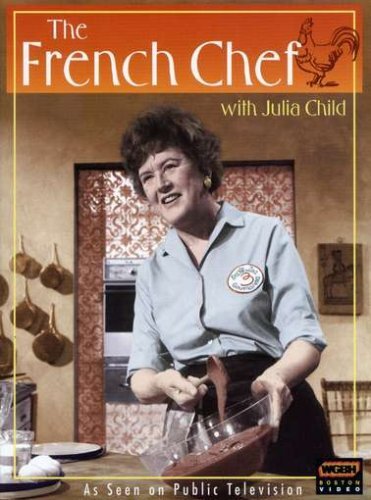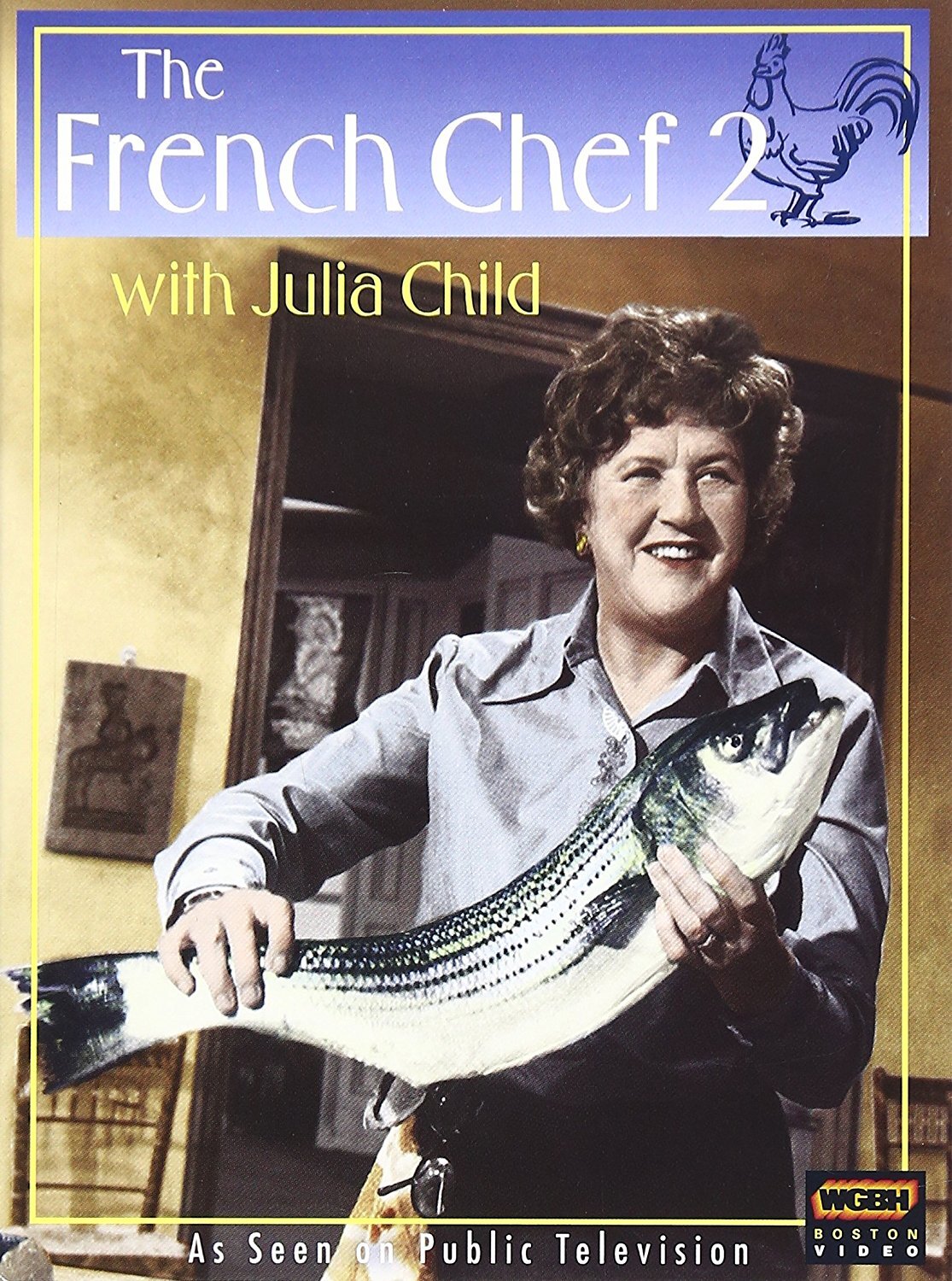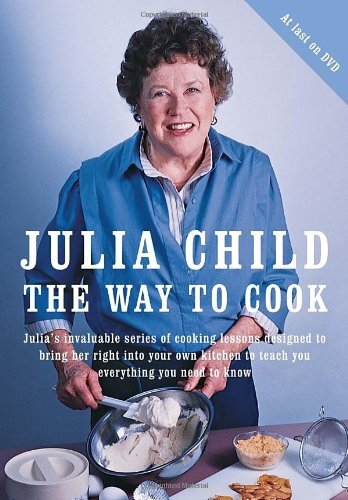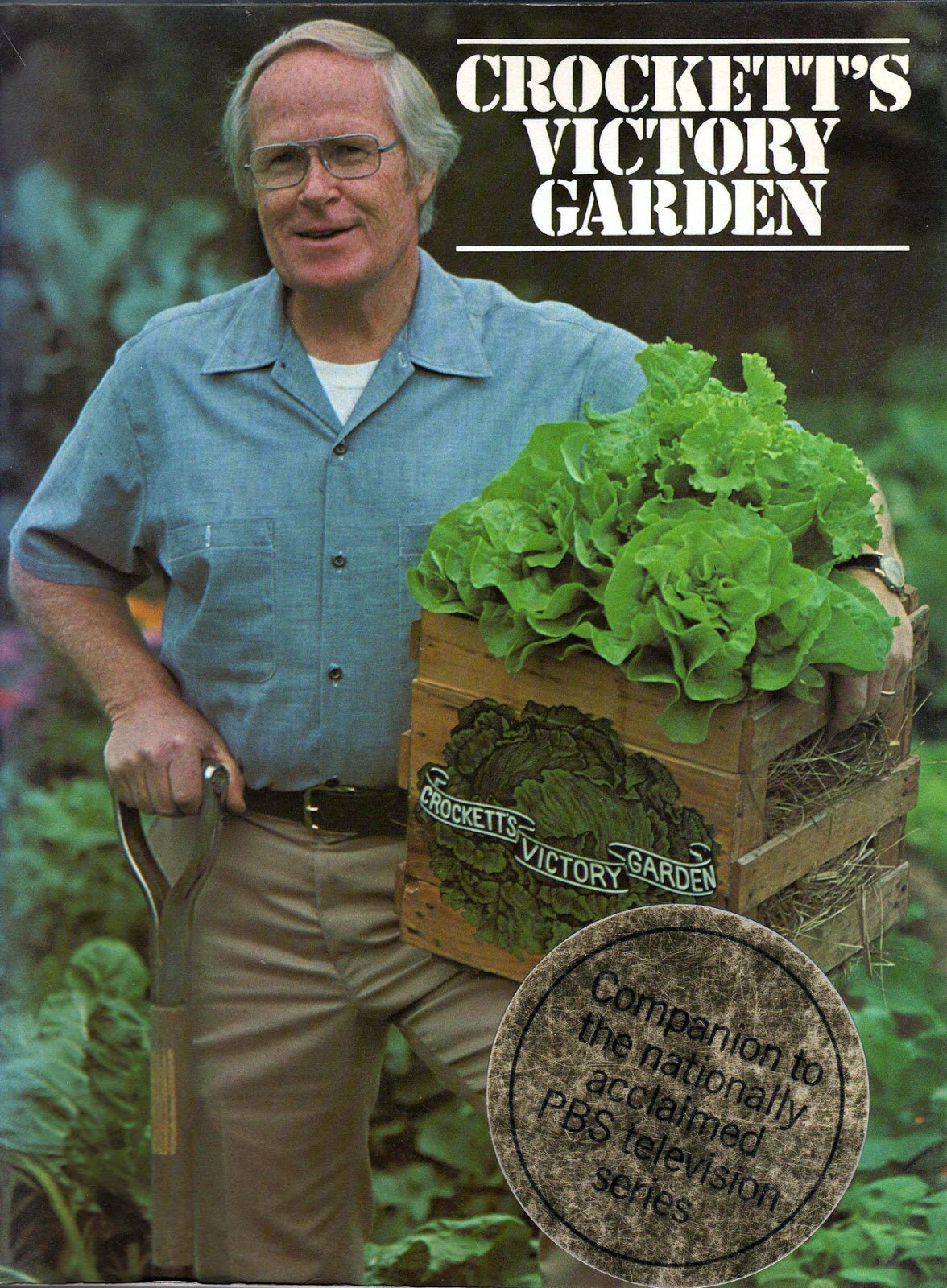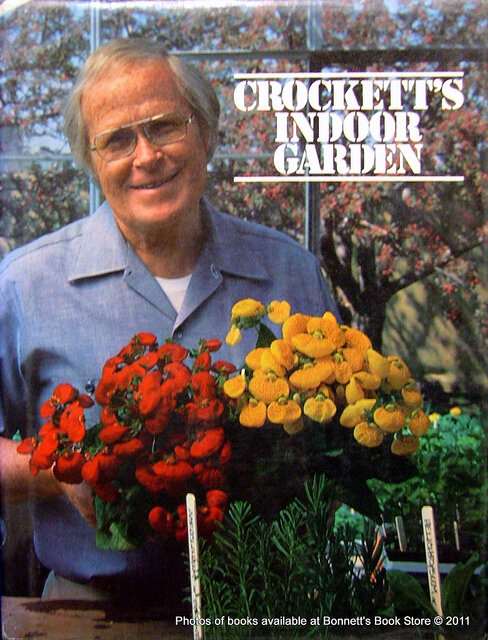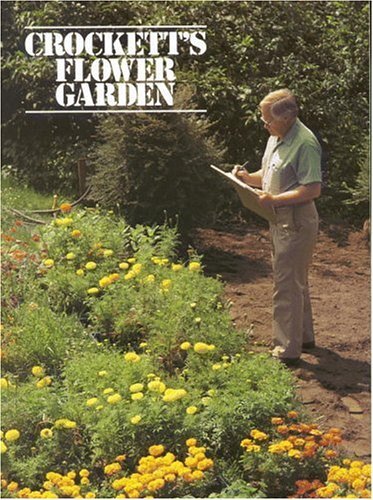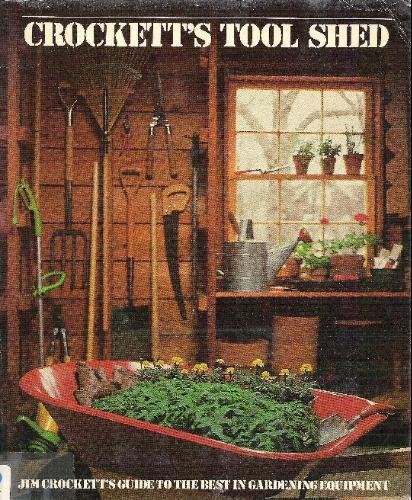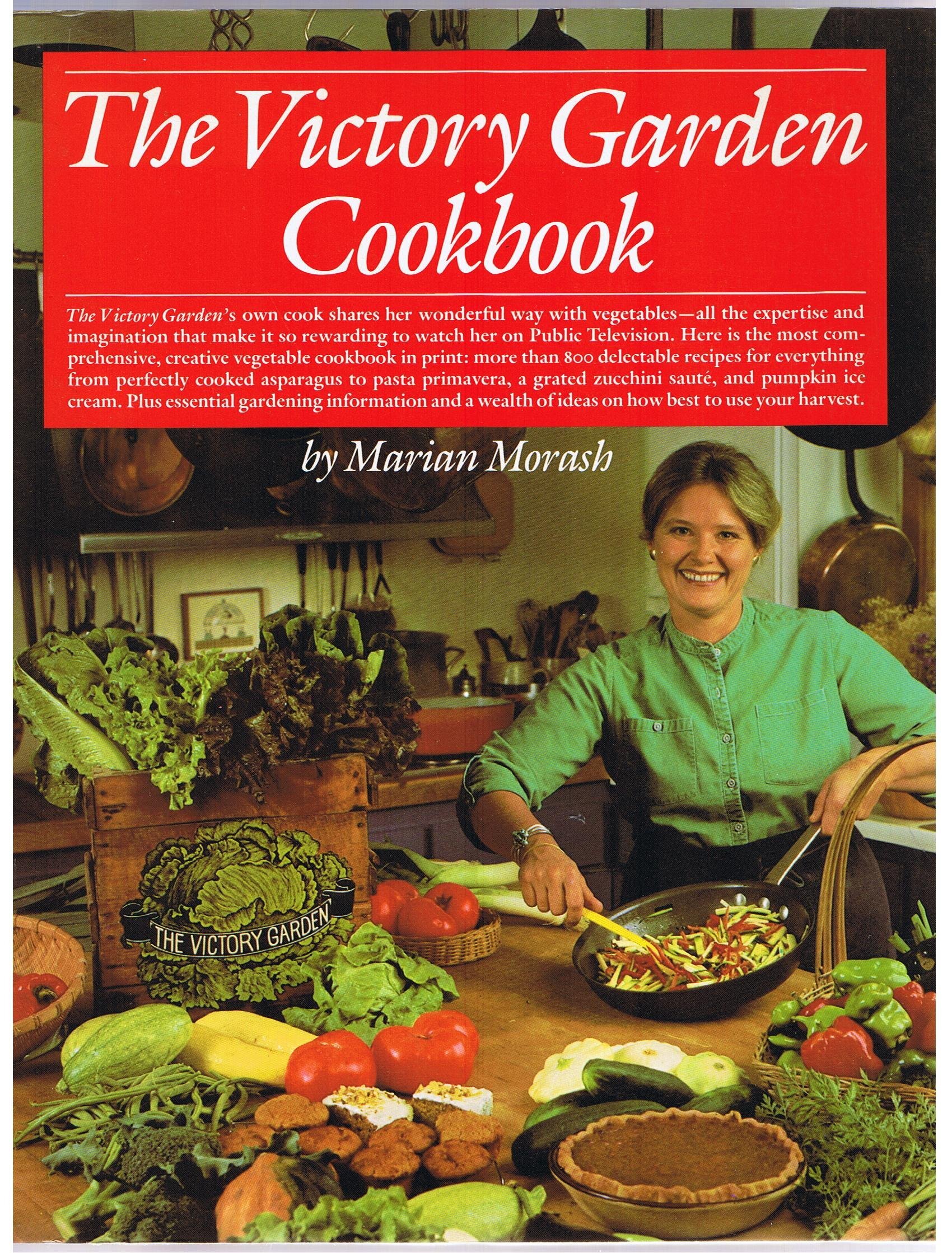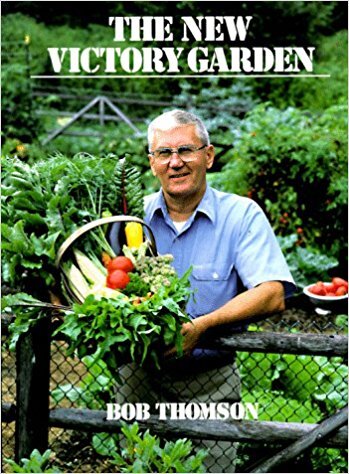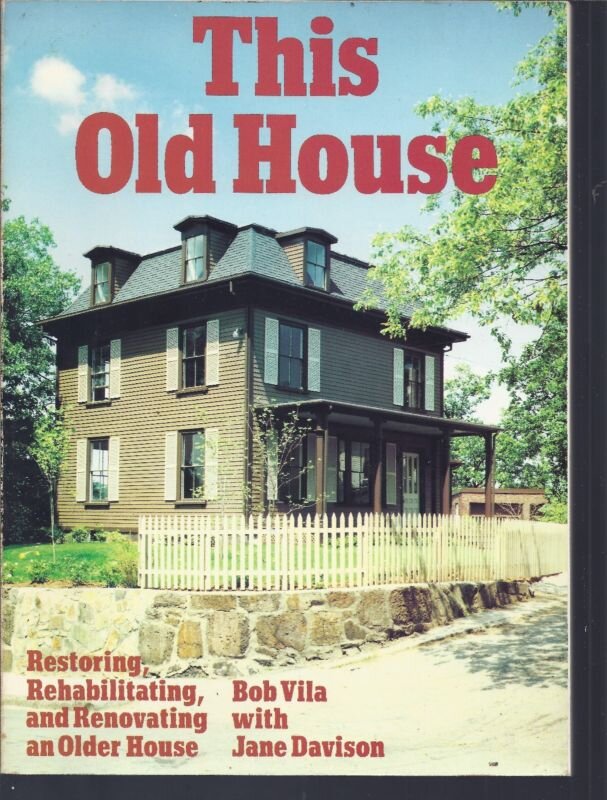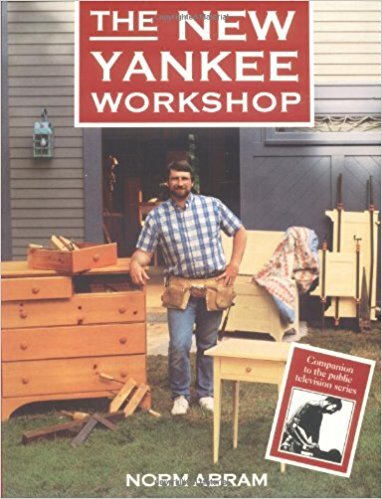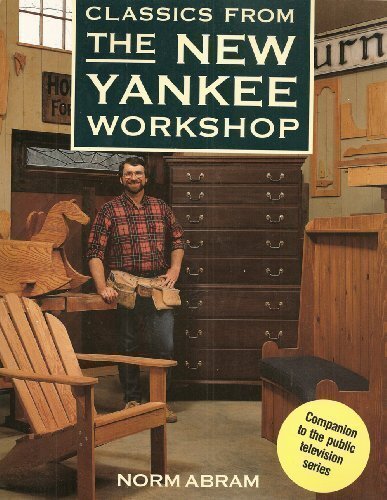Episode 03: Russell & Marian Morash
Originally recorded and released as Lady’s After Hours podcast, for Lady.
With this series of interviews I have been seeking out cultural creatives who have not only achieved great success in their careers, but who have intentionally molded their lives around their passions. Each has created their ideal life in much the same way they produce their creative work—through decisive vision and action, through making decisions that allow them to succeed in the facets of life that are important to them.
At their wedding in 1958.
I believe in celebrating slow culture and the more tactile, intimate parts of life. How is it possible to achieve great career success yet still live an intimate, intentional life? In the fall of 2017 I had the opportunity to sit down with a couple who managed to figure that out—legendary television producer Russell Morash and his wife, Marian Morash. He’s been called the “father of reality television” and the “father of home improvement television” due to his work creating such iconic PBS shows as The Victory Garden, This Old House and The New Yankee Workshop. The couple met at Boston University when he was studying acting and directing, and she was studying theatre design. He began working at WGBH as a production assistant and cameraman as soon as he graduated in 1957. They married the following year while he started his climb through the nascent public television industry. For many years he worked on The Science Reporter before being assigned to produce Julia Child’s first television series, The French Chef, in 1963. During filming he brought home the half-prepared examples along with Julia’s instructions, and from these Marian discovered her great love for cooking. Russell also produced The Advocates, a renowned public affairs show that was filmed in a mock trial format, which ran from 1969 to 1974. While producing these programs, Russell’s interests outside of work lay with his family and improving their lives together. After purchasing their first home together in 1961, Russell took to modifying and adding to the structure as the size and needs of their family increased. Though his father was a carpenter by trade, Morash had to teach himself as he went along in much the same way he taught himself to garden and grow vegetables in their yard outside. At a time when few people were going to such lengths to improve old homes, Morash’s work drew attention and was featured in the Boston Globe in 1971.
Russell Morash (far left) shooting an episode of The Victory Garden in 1977.
In 1975 both Marian and Russell were able to advance their careers immensely by following their passions. Marian became a cofounder and executive chef of the Straight Wharf Restaurant in Nantucket, where she had an all-women kitchen far before women were recognized on the culinary scene. That same year WGBH asked Russell if he had any ideas for a new series and he requested that the station turn their parking lot into a garden to become the centerpiece of a weekly gardening show. Crockett’s Victory Garden was born, hosted by renowned gardening author James Crockett. An immediate success, millions tuned in across America to watch Crockett demonstrate how to care for a vegetable garden. It ran until his death in 1979, after which it was renamed The Victory Garden until 2010 when it became The Victory Garden's EdibleFeast. Around 1980 the garden moved from the station’s studio to the Morash’s own garden outside Boston. For several years Crockett had read out on air recipes written by Marian that used the vegetables being grown, and when the garden moved to their house she started appearing as “Chef Marian” demonstrating the recipes herself in her own kitchen.
Russell (right) directing an episode of This Old House.
The blockbuster appeal of this simple (yet technologically difficult) gardening show led WGBH to ask Morash for more ideas. He followed it up with a home improvement show, This Old House, which grew from what was supposed to be a one-time, 13-part series in 1979, into an empire that includes multiple spin-off shows, a magazine, and for-profit web sites. One of the spin-offs was The New Yankee Workshop, a woodworking show filmed in a workshop studio in Morash’s yard. This Old House is seen as the start of home improvement television and the instigator of a huge shift in that industry—from craftsman to DIY—which has grown it to $365 billion in sales in 2017. Following home owners as they worked with artisans to remodel their homes over the period of a few episodes was a completely novel idea, and one which laid the seed for reality television.
Marian collecting beets from the garden. From The Victory Garden Cookbook, 1982.
A summer feast from the garden. From The Victory Garden Cookbook, 1982.
What’s most intriguing about his career is how Russell Morash used his passions outside of work to direct his path, and through those interests developed a whole new style of programming. Russell’s passion for life and the quiet, meditative actions of cooking, gardening, home improvement and carpentry created and supported whole industries and networks. Remarkably the Morashes were able to seamlessly combine their public and private lives for decades – ‘The Victory Garden’ was filmed in their yard with Marian cooking vegetable recipes on camera in their kitchen, while ‘The New Yankee Workshop’ was located at the back of their garden. Though Russell won 14 Daytime Emmy’s, was the recipient of the 2014 Emmy Lifetime Achievement Award and had his programs watched by millions every week for decades, he is still wonderfully grounded, funny and joyful. Now both in their 80s they still split their time between their rural home outside Boston and their summer place in Nantucket, where Russell maintains a large vegetable and flower garden. Led by their passions and by the importance they placed on family and a good work/life balance, the couple was able to create a life of intention and beauty that also helped and gave joy to others.
The archival photographs in the slideshow above come from an interview done by their granddaughter, Madeleine Cohen, for Oldways.
Listen and subscribe to the podcast in iTunes
While it is impossible to show even just a tiny sampling of the many programs Russell Morash produced and created, here are a few examples to whet your appetite:
Joe Biden on The Advocates in 1974.
Books and DVDs connected with the television series' of Russell Morash:

